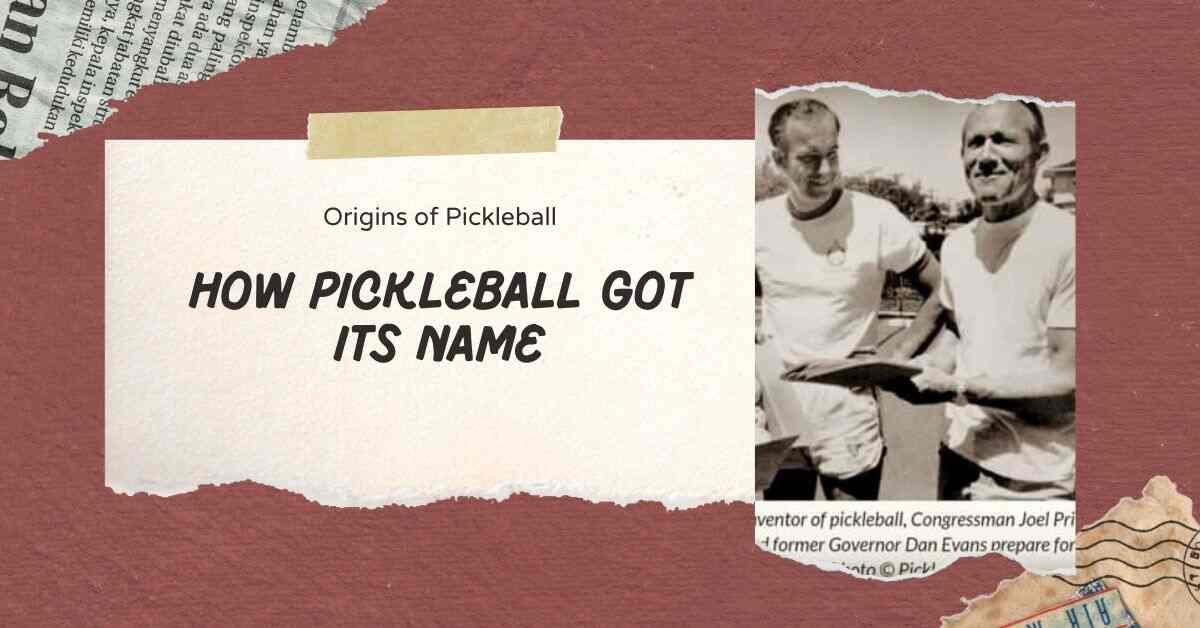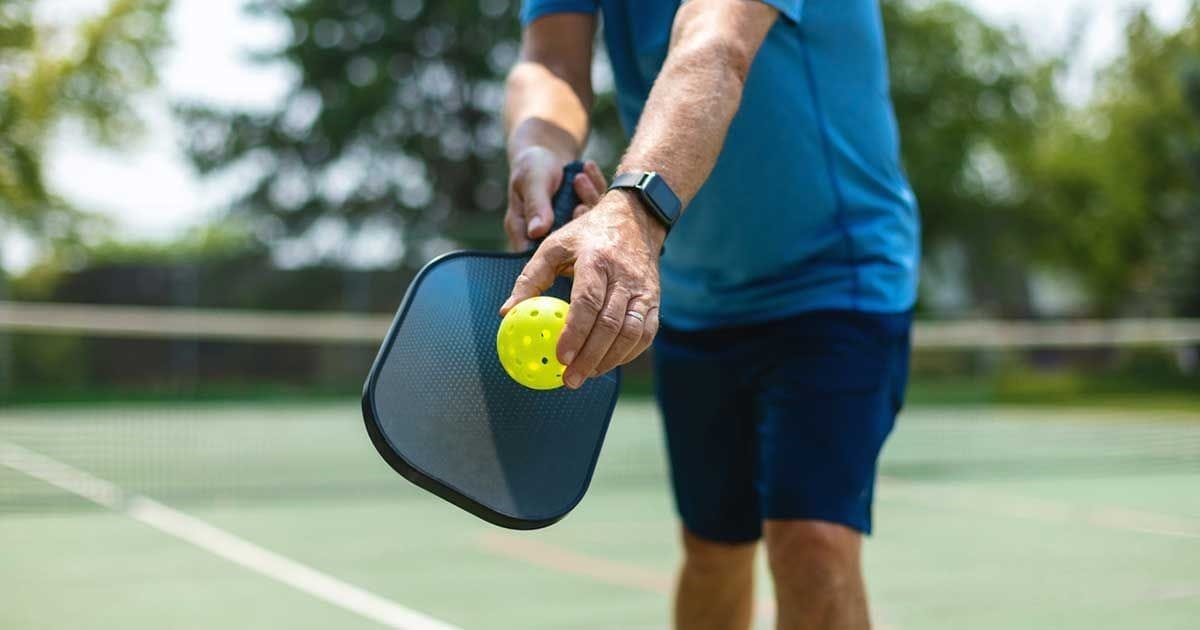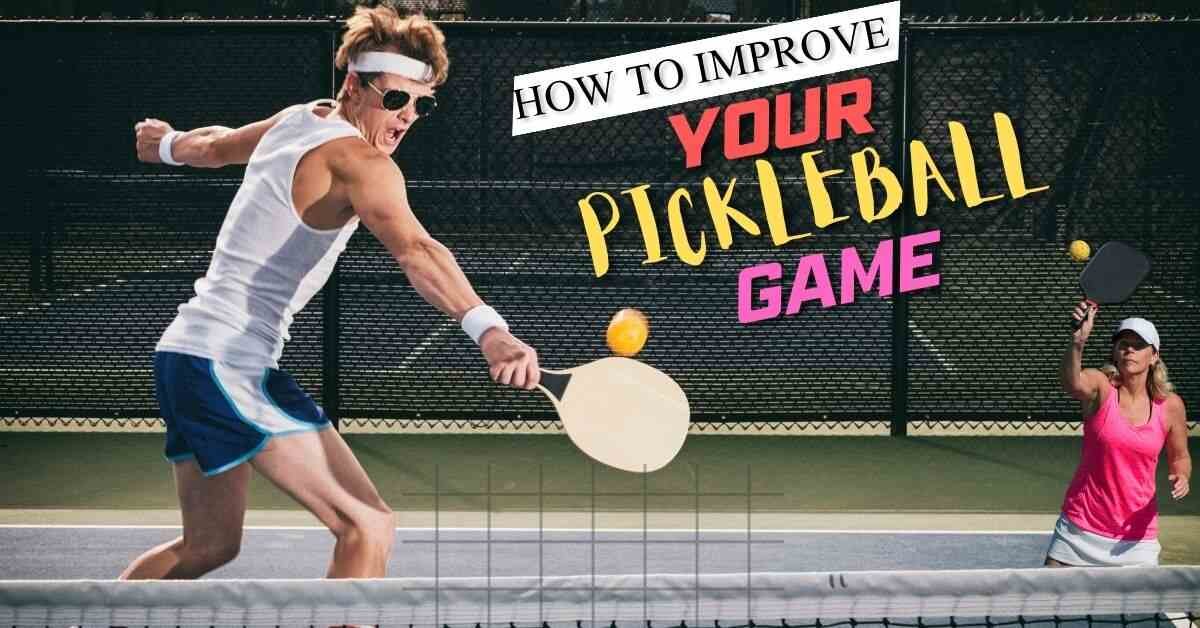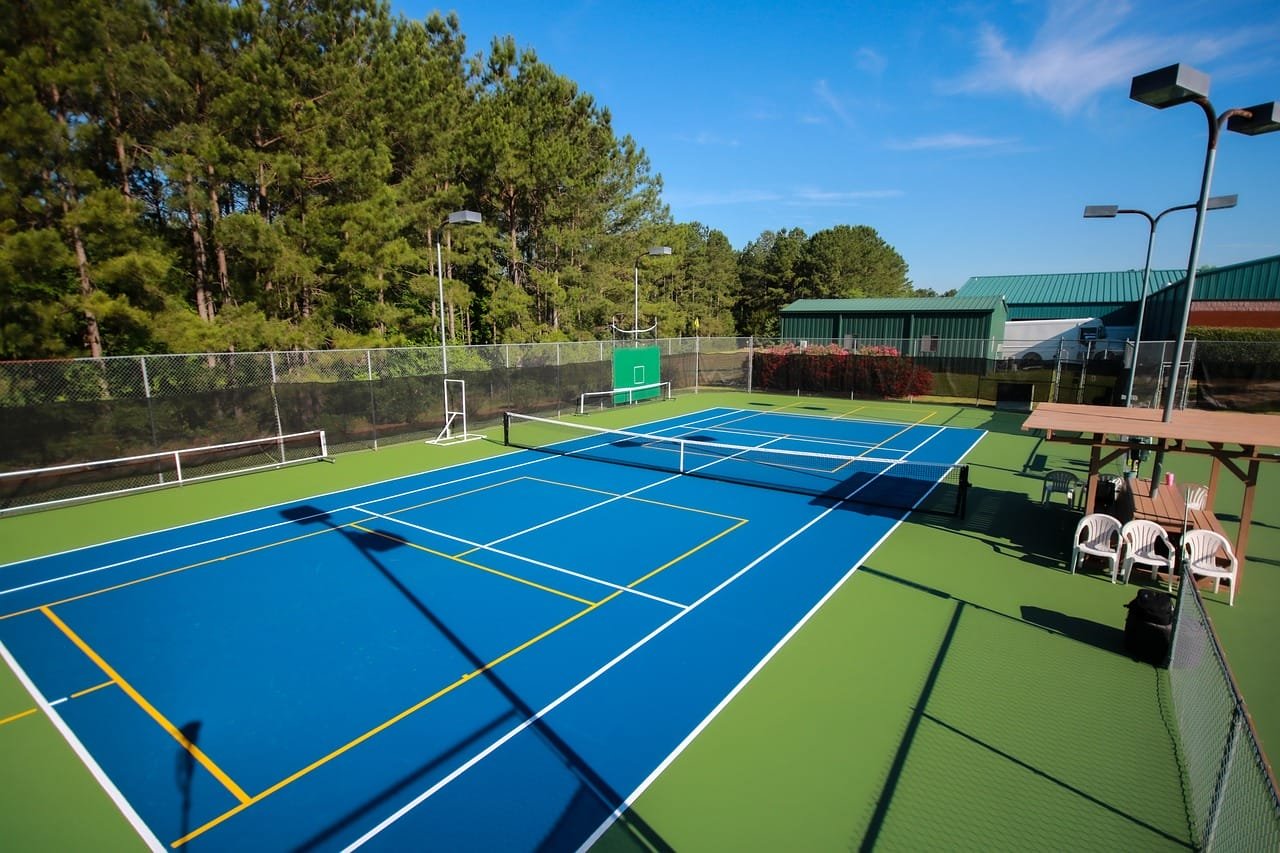How Long Does It Take To Get Good at Pickleball Game?
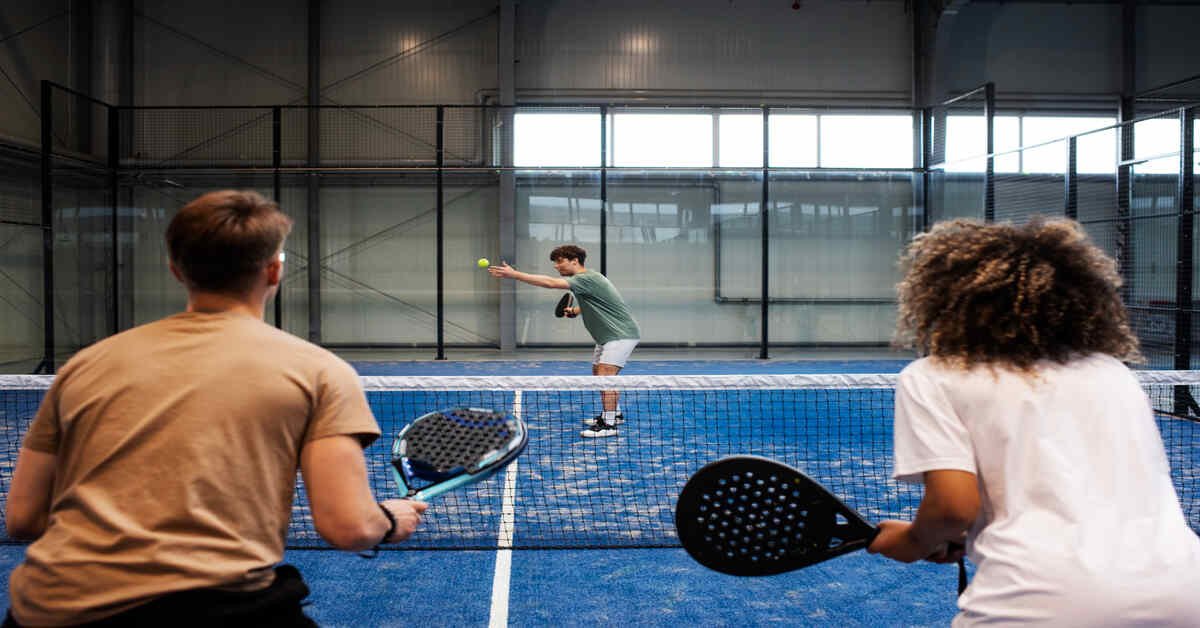
I stepped onto the pickleball court just over a year ago for an APP lesson by Zane Navratil. Though I’ve developed confidently as a player, my trajectory has been slower than expected.
I could be more skilled at one’s official assessment. Still, if I were willing to make an opinion, I’d progress, which made me question: What doesn’t get included in the calculation? Why did my performance drop after noticing such big progress in my game when I began playing?
How much time does it take to become excellent at pickleball, then? The reaction was greater than I was expecting. These are some possible explanations for my pickleball plateau.
How do we compete with more players?
Initially, pickleball experienced exponential growth in its field. As more and more users take up a paddle, the competitive edge level also increases. Although this trend is wonderful for the sport, it has made it more challenging for me to assess my progress against an opponent base that is always changing.
Consistency of Play in Pickleball Game
My apparent plateau may also have something to do with how frequently I play. At first, I committed to playing at least two times a week. But problems occurred, and I started going to court at least once a week. I now realize that pickleball needs consistency, just like any other sport. In the future, reducing my court time will contribute to my progress.
In pickleball, consistency of play is defined as the capacity to strike the ball well and make an exact stroke repeatedly without making mistakes. It’s similar to playing the game steadily and reliably.
When the ball comes toward you during a pickleball match, imagine yourself being able to hit it back carefully and effectively. Instead of hitting highly ineffective shots that hit the goal line or go out of bounds, you’re keeping the ball in play, making it difficult for your opponent to get back.
In pickleball, consistency is essential because it allows you to maintain momentum and stay in the game. You can extend the rally’s duration and improve your chances of gaining points if you consistently strike the ball. It also exerts pressure on your competitors. They could become discouraged if they cannot break your rhythm.
Drills: The Ingredient that’s Missing
When I go back to my workout sessions, I observe that pickleball drilling is an activity I should have been performing more frequently. The foundation of improving abilities is the drill. They enhance the development of memory for muscles, improve technique, and promote flexibility. If you understand, I’ve been playing the game but not practising it. A big part of my slower-than-expected progress is this need for more focused practice.
Power Play in Pickleball Game
I’ll be sincere: I frequently utilize power against weaker competitors. While I succeed, I need to become smarter and more creative. On the other hand, it has encouraged dependence on pure strength instead of the delicate techniques that set great players apart from average players.
A power play in pickleball is similar to giving the ball extra momentum to speed up its motion and make it harder for the other player to get it back. It’s like throwing the ball far when practising catch with a friend using greater effort.
Visualize this when the ball comes in your direction while playing pickleball. You choose to hit it harder than softly touching it over the surface of the net. When you hit your stick slightly harder, the ball moves toward the opposite side of the field more quickly and powerfully. This may take the other team by surprise or make it more challenging for them to return the ball successfully.
Factors Affecting Progression in Pickleball
1. Prior Experience:
Players with backgrounds in tennis, badminton, or racquetball may find certain aspects of pickleball more familiar, potentially expediting their learning process.
However, individuals entirely new to racquet sports may need additional time to develop fundamental skills such as hand-eye coordination and paddle control.
2. Practice Frequency and Duration:
The adage “practice makes perfect” holds true in pickleball. Regular practice sessions, combined with focused drills and gameplay, are essential for skill advancement.
Players who commit to consistent practice schedules, incorporating both solo drills and competitive play, are likely to progress more quickly than those with sporadic training habits.
3. Coaching and Instruction:
Seeking guidance from experienced coaches or instructors can significantly accelerate skill development. Professional coaching provides valuable insights into technical refinement, strategy implementation, and game awareness, enabling players to overcome obstacles and refine their playing style efficiently.
4. Adaptability and Learning Mindset:
A willingness to embrace challenges, learn from mistakes, and adapt strategies is integral to improvement in pickleball. Players who maintain a growth mindset, viewing setbacks as opportunities for growth rather than failures, are better equipped to overcome hurdles and reach higher levels of proficiency.
Estimated Timeline for Progression
While every player’s journey is unique, it’s possible to outline a general timeline for progression in pickleball:
Beginner (0-6 months):
During the initial stages, beginners focus on acquiring basic skills such as proper grip, footwork, and shot technique. Emphasis is placed on mastering fundamental strokes, including dinks, volleys, and serves, while developing an understanding of court positioning and strategy.
Intermediate (6 months – 1 year):
Intermediate players demonstrate improved consistency and accuracy in their shots, allowing for longer rallies and more strategic gameplay.
They begin to incorporate advanced techniques such as spin shots, lobs, and drop shots, expanding their repertoire of offensive and defensive strategies.
Advanced (1-2 years):
Advanced players exhibit a high level of proficiency in all aspects of the game, displaying precise shot placement, strategic awareness, and effective court coverage.
They possess the ability to anticipate opponents’ moves, exploit weaknesses, and adapt tactics mid-match, showcasing a deep understanding of pickleball’s intricacies.
Expert (2+ years):
Expert-level players represent the pinnacle of pickleball proficiency, possessing exceptional skill, athleticism, and tactical acumen. They consistently execute advanced shots with precision and power, seamlessly blending offensive aggression with defensive prowess to dominate opponents at all levels of play.
Cultivating a Culture of Improvement
In the dynamic realm of pickleball, continual improvement is not just a goal but a way of life. Beyond the initial stages of skill acquisition, players embark on a perpetual quest for refinement, seeking to elevate their game to new heights. This dedication to growth fosters a vibrant community of learners, where players of all levels support and inspire one another on their respective journeys.
Harnessing Technology for Advancement
In the modern era, technology serves as a powerful ally in the pursuit of pickleball proficiency. From high-speed cameras capturing every nuance of technique to advanced analytics platforms dissecting gameplay strategies, players have access to an array of tools to aid their development. Utilizing these resources effectively can provide valuable insights, pinpoint areas for improvement, and expedite the learning process.
The Role of Competition in Skill Development
Competitive play serves as a crucible for skill refinement in pickleball, challenging players to test their abilities under pressure and adapt to dynamic game situations. Tournaments, leagues, and friendly matches offer invaluable growth opportunities, allowing players to measure their progress against peers and competitors. Embracing the competitive aspect of the sport fosters resilience, strategic thinking, and mental toughness are all essential attributes for success on the pickleball court.
Lack of Knowledge of Professional Pickleball
Looking back, it’s surprising that I didn’t spend time watching professional pickleball matches while becoming a pickleball advocate. Observation is a beneficial learning technique. One may learn advanced strategy, positioning, shot selection, and other things from observing professionals. My lack of experience with more advanced play limited how I could pick up on the deeper details of the game.
Finding a Balance Between Time and Exercise
I’ve also discovered how essential it is to include different types of exercise in my program during the past year. But since there are only 24 hours a day, finding a compromise between pickleball, other physical activities, and life’s responsibilities has proven challenging. But maintaining physical health is important, and not doing it might negatively impact my performance.
Game Enjoying
Finally, this year has changed my attitude about the game. I’ve started to take less confidence in my performance and more enjoyment in the sport. My goals changed over time from constant progress to honest enjoyment. While I might not be able to improve my skill level considerably as a result, the experience has been better overall. I can live with those compromises despite the fact it could result in slower progress.
Over the last year, I’ve also learned much about pickleball and myself. I recognize the need for stability, even though I always aim to improve. However, you can ensure I’ll find a way to include some drilling into my routine!
Improving as a pickleball player takes time, patience, and practice. It takes time to come. Depending on several factors, including past physical experience, a player’s ability to pick up and adapt to new abilities, the number of practices, the level of coaching, and basic physical health, the duration of practice can differ considerably from player to player.
It may require many months to a year for someone fresh to the sport to understand the fundamental strategies, techniques, and rules. Getting to an intermediate level can take an extra year or two of regular training, drilling, and playing.
Summary
Pickleball demands patience and regular practice to become excellent. Although progress varies, proficiency may be achieved with a few months of consistent play. Drills, practising with experienced players, and enjoyment in the learning strategy benefit beginners. Pickleball can be learned and enjoyed by anybody with dedication and perseverance.
FAQs
How much time is required to become excellent in pickleball?
Ans: A few months is typical with regular practice; however, it varies.
Can I quickly become proficient at pickleball?
Fast progress requires commitment and regular practice.
To improve, how often should I practice?
Ans: A couple of times a week of consistent practice proves helpful for skill growth.
Are there any particular pickleball drills that improve skills?
Ans: Yes, it is helpful to practice shots, movement of the feet, and strategy.
How can my age affect how fast I get proficient at pickleball?
Ans: Age can be an issue, but everyone can enjoy and progress.


